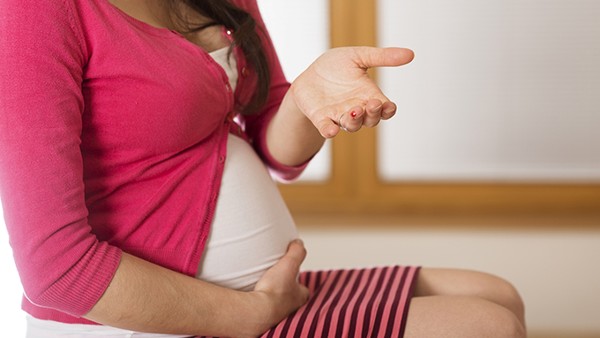Treatment of Acute Infectious Diarrhea in Babies

Acute Infectious Diarrhea
Acute infectious diarrhea is a common problem in babies and can be caused by a variety of bacteria, viruses, and parasites. The most common cause of infectious diarrhea in babies is rotavirus, which is spread through contact with contaminated food or water.
Symptoms of acute infectious diarrhea include:
Frequent, watery stools
Vomiting
Fever
Abdominal pain
Dehydration
Treatment of Acute Infectious Diarrhea
The goal of treatment for acute infectious diarrhea is to prevent dehydration and to treat the underlying infection.
Prevention of Dehydration
Dehydration is a serious complication of acute infectious diarrhea, and it can lead to death if not treated promptly. Signs of dehydration include:
Dry mouth and lips
Sunken eyes
Decreased urination
Lethargy
Irritability
If your baby shows any signs of dehydration, seek medical attention immediately.
Treatment of the Underlying Infection
The underlying infection that is causing the diarrhea will usually be treated with antibiotics or antiviral medications. The specific medication that is used will depend on the type of infection that is causing the diarrhea.
Other Treatments
In addition to preventing dehydration and treating the underlying infection, other treatments for acute infectious diarrhea may include:
Probiotics: Probiotics are live bacteria that can help to restore the balance of good and bad bacteria in the gut. Probiotics have been shown to be effective in reducing the duration of acute infectious diarrhea.
Zinc: Zinc is a mineral that is essential for immune function. Zinc has been shown to be effective in reducing the severity and duration of acute infectious diarrhea.
Oral rehydration solution (ORS): ORS is a solution that contains water, electrolytes, and glucose. ORS helps to replace the fluids and electrolytes that are lost through diarrhea.
Prevention of Acute Infectious Diarrhea
There are a number of things that you can do to help prevent acute infectious diarrhea in your baby, including:
Washing your hands frequently with soap and water
Cleaning and disinfecting surfaces that your baby may come into contact with
Avoiding contact with people who are sick with diarrhea
Making sure that your baby's food and water are clean
Breastfeeding your baby for as long as possible
When to Seek Medical Attention
Seek medical attention immediately if your baby:
Shows signs of dehydration
Has a fever of 101 degrees Fahrenheit or higher
Has bloody or black stools
Is vomiting frequently
Is not able to keep down fluids
Has diarrhea for more than 24 hours
Outlook
Most cases of acute infectious diarrhea in babies are mild and will resolve within a few days. However, it is important to seek medical attention if your baby shows any signs of dehydration or if the diarrhea is severe.
The above is all the content that the editor wants to share with you. I sincerely hope that these contents can bring some help to your life and health, and I also wish that your life will be happier and happier.
Topic: #acute #of #treatment












